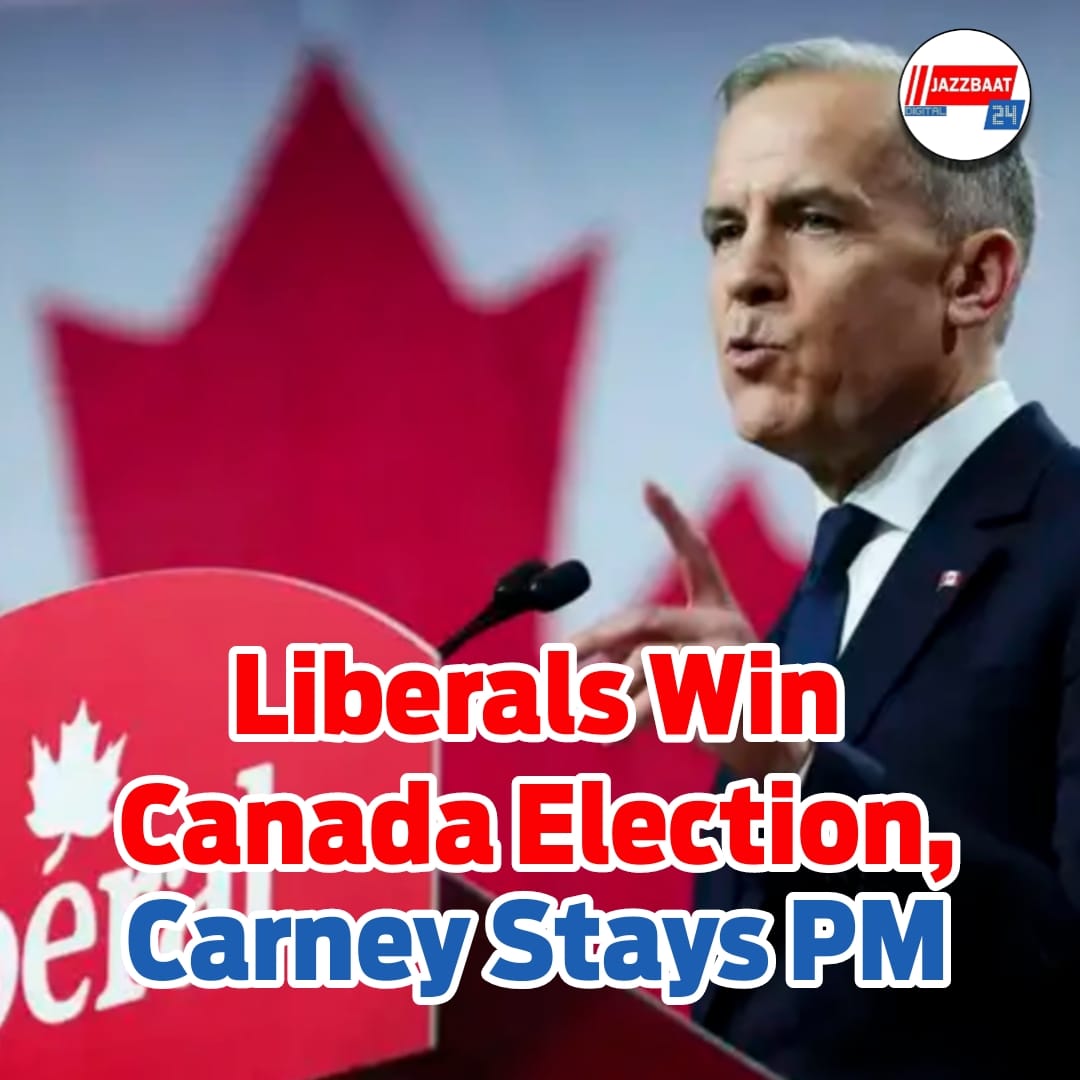
Millions of Canadians headed to the polls on Monday in a surprise federal election marked by intense discussions over how candidates would manage rising friction with US President Donald Trump—particularly concerning tariffs and his controversial suggestion that Canada become America’s 51st state.
Prime Minister Mark Carney, who recently took over leadership of the Liberal Party from Justin Trudeau, called the election in March. His main opponent was Conservative leader Pierre Poilievre.
Preliminary projections from CBC News late Monday indicated that the Liberal Party was likely to secure enough seats to remain in power, although it was still uncertain whether they would achieve an outright majority. Manual vote counting—monitored by witnesses—was still ongoing, with final results expected soon.
Early figures from Elections Canada suggest Carney is set to continue as Prime Minister, barring any significant Cabinet changes, which he might consider after forming a relatively lean leadership team upon taking office.
Once Parliament resumes, members will take their oaths, and a Speaker will be selected. One of Carney’s immediate priorities will be rebuilding economic and strategic ties with the United States—especially after his March call with Trump, in which both agreed to resume bilateral talks post-election.
The Liberals are preparing to advance key economic legislation, including potential middle-class tax reductions, streamlined approval pathways for mining and energy projects, and major investments to strengthen Canada’s role in both clean and conventional energy sectors. They’ve also promised C$5 billion toward expanding trade partnerships globally.
While the Liberals are set to retain the most seats, they may fall short of the 172-seat threshold needed for a majority, likely resulting in a minority government that must collaborate with other parties to pass laws and maintain confidence in the House.
On the other hand, the Conservatives saw a notable gain—boosting their seats from 120 to an estimated 148 and securing around 41% of the popular vote, their best showing in years. Still, falling short of forming government is a major blow, especially after early forecasts hinted at a possible victory. The outcome has sparked internal questions about Poilievre’s future as party leader.